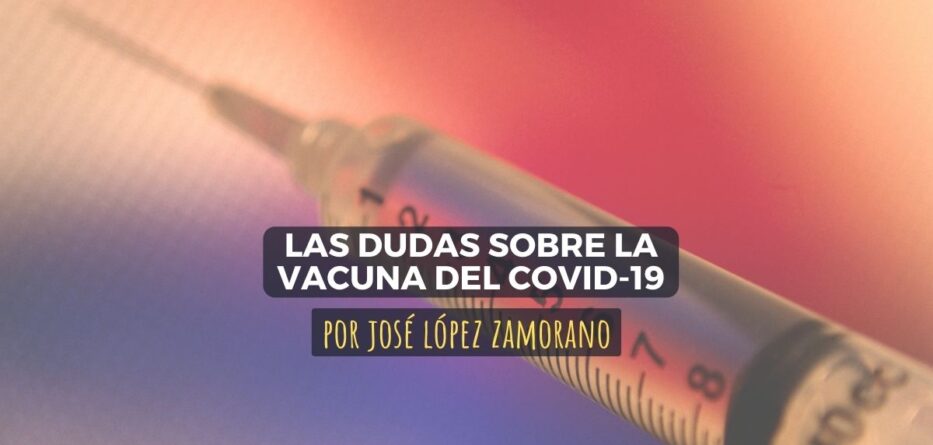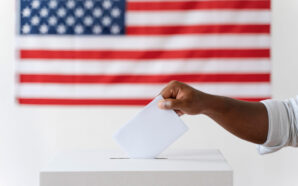One of the most rigorous and extensive studies on the acceptance of the COVID-19 vaccine shows worrying figures about the distrust and fear of the communities of color in the United States, specifically Latino and African-American, to get the vaccine as soon as it is approved by the FDA and available, which can happen in a relatively short period of time.
Involving 1,050 African American adults and 258 Latino adults and prepared in September, before the advancements in the Pfizer, Moderna and AstraSeneca vaccines were known, the survey shows that only 18% of African American adults and 40% of Hispanic adults are confident in the effectiveness of the vaccine.
In the same way, only 14% of African American adults and 34% of Hispanic adults believe that the vaccine will be safe.
As a result of doubts or ignorance of the safety and effectiveness of the vaccine, the study shows that eight out of 10 black adults would wait to receive the vaccine instead of receiving it as soon as it is available and only 19% would get it sooner. possible. About seven out of 10 Hispanic adults would also wait.
These are alarming numbers when we consider that the Hispanic and African American communities are being disproportionately devastated by the pandemic. Both the contagion, hospitalizations and deaths figures are higher than those of non-Hispanic whites, a trend that even worsened for the Latino community.
But the study, commissioned by the COVID Collective, Langer Research, UNIDOSUS and the NAACP, offers a roadmap to raise the levels of vaccine acceptance between both communities. Among his recommendations:
- Demystify the vaccine development process, ensuring that communities have access to quality information that helps develop their understanding of science.
- To rely for them on people or institutions in which the communities trust. The list is headed by Dr. Anthony Fauci, the FDA, pharmacies, and drug companies.
- The best messengers are often the people closest to home, including community leaders and in particular, family doctors or, where appropriate, health promoters.
- Messages should emphasize a sense of personal responsibility for vaccination and promote social pressure.
The study shows that resistance to vaccination is markedly lower in Hispanic communities than in black ones, and levels of trust in institutions and institutional messengers are markedly higher. Therefore, differentiated strategies are required as soon as possible to raise the level of acceptance of a vaccine that could be vital for both communities.
The full study can be read here: https://bit.ly/2KBQBQi
For more information visit www.laredhispana.com.






